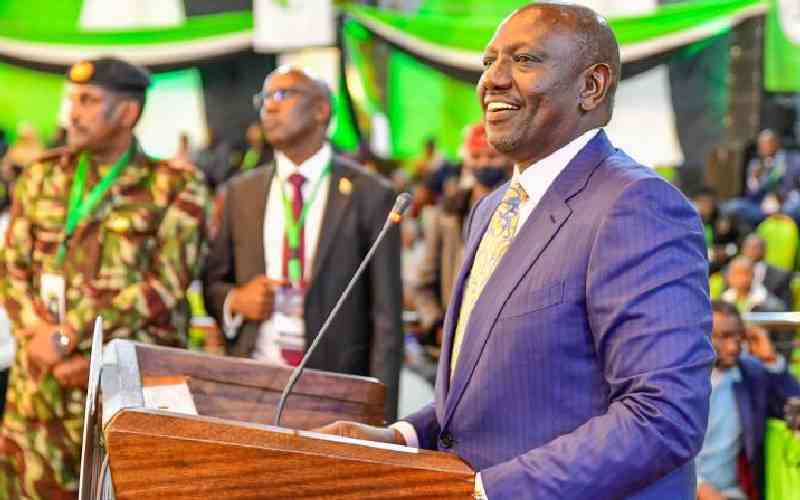
William Ruto, if successful, will be a perfect creation of his followers 'the hustler nation'. The biggest lesson Dr Ruto should learn from his outgoing boss is how to accommodate close to seven million Kenyans who voted for Raila Odinga. And since the people will have installed him for all the people, all we ask of him is to make life better for all Kenyans.
Therefore, once the dust is settled, the incoming government must find innovative ways of healing the broken-hearted and those who are crushed in spirit. Most Kenyans are asking, are we safe in the hands of Ruto in case he's eventually becomes the president?